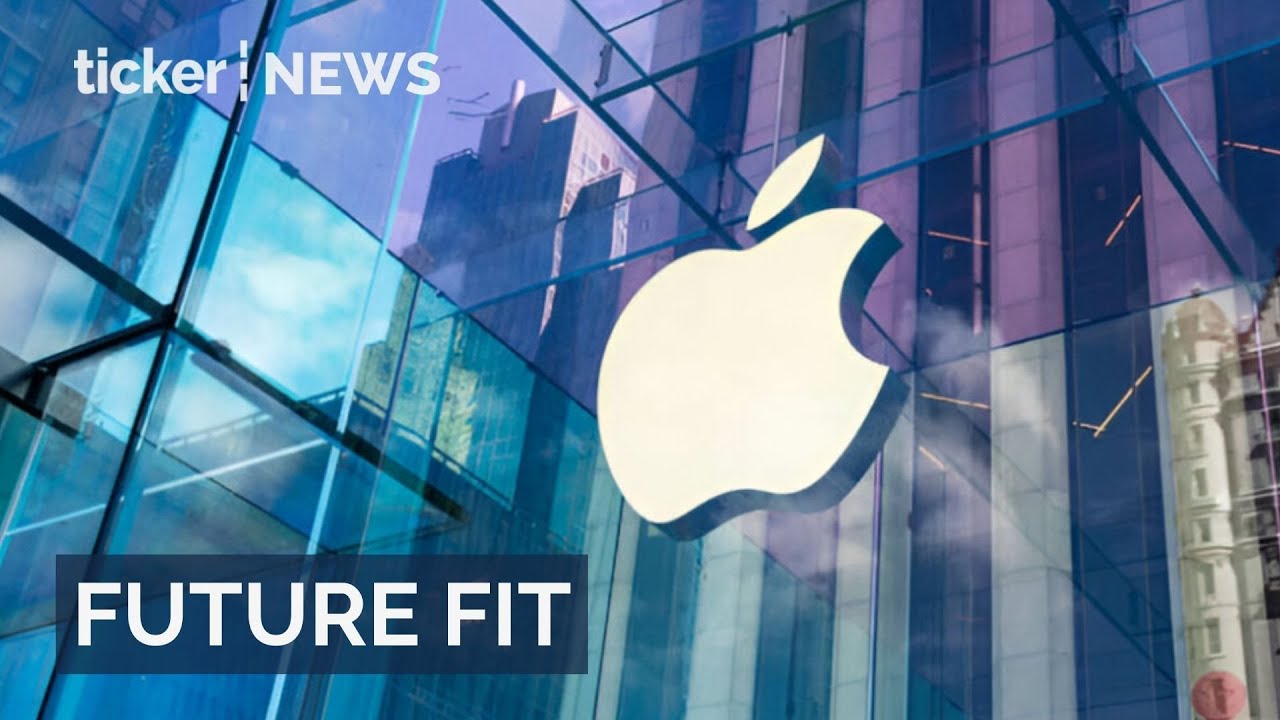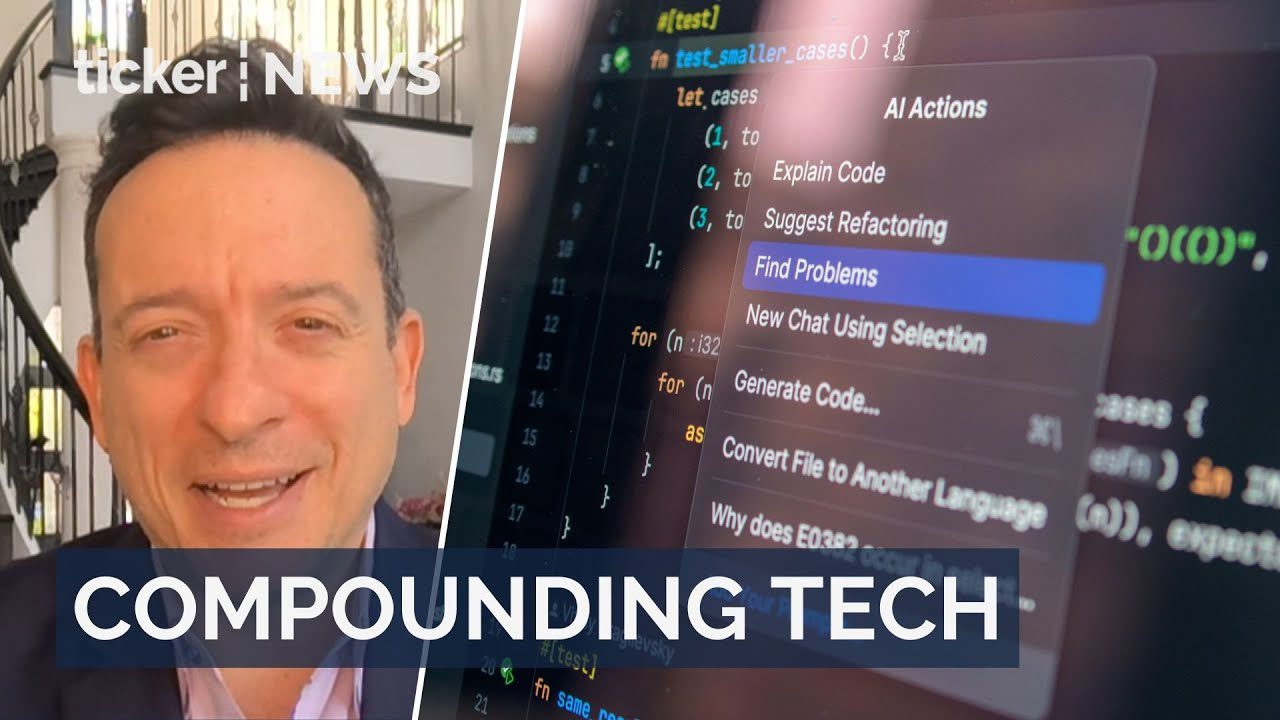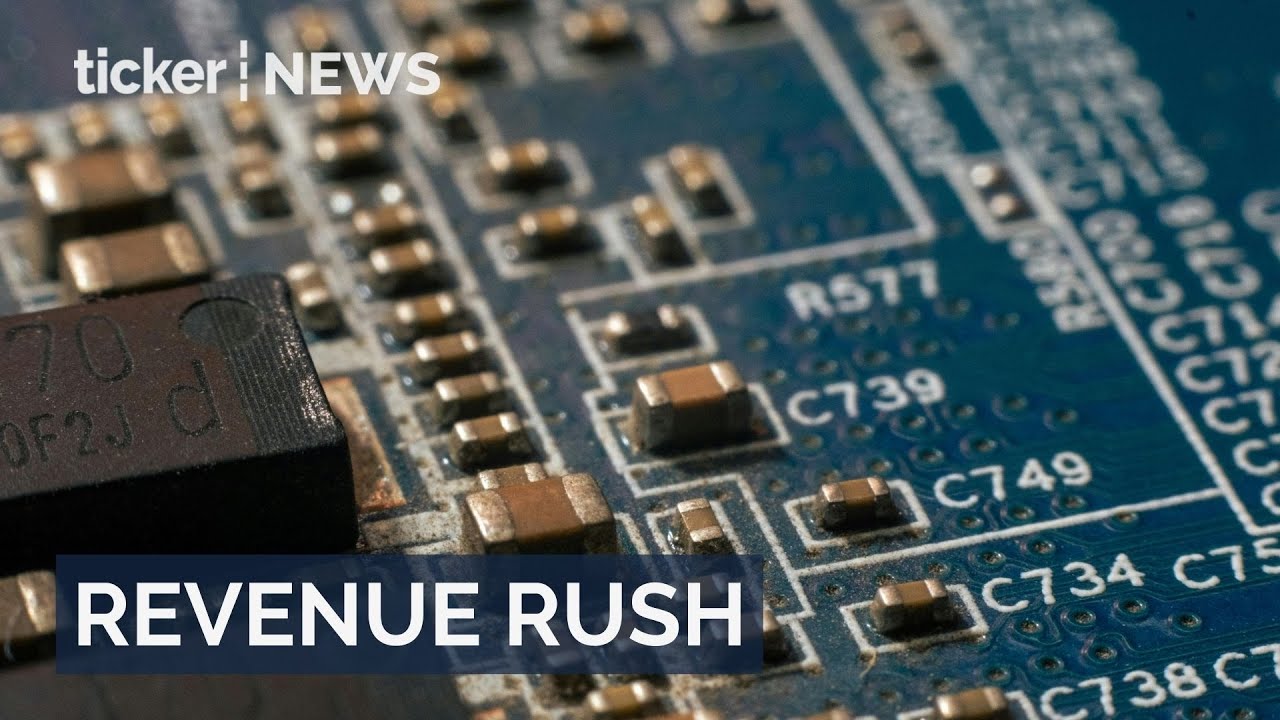Tech
80% of ransomware victims pay ransom, says report
Hiscox report reveals 80% of ransomware victims pay ransom, but only 60% recover data successfully

Tech
Apple’s AI wearable push: Cameras, speakers and a 2027 vision
Apple is developing an AI-powered wearable device, aiming for a launch of 20 million units in the growing AI market.
Tech
AI spending in 2026: Why investment is compounding, not just cyclical
As 2026 begins, AI investment debates rise; real revenue growth signals pivotal changes for tech adoption and future trends.
Tech
TSMC posts record profits on AI chip boom
TSMC posts record Q4 profit, driven by strong chip demand, exceeding predictions and signaling market dominance.
-



 Ticker Views2 days ago
Ticker Views2 days agoDOJ to charge Don Lemon under historic KKK Act
-



 Ticker Views1 day ago
Ticker Views1 day agoBacklash over AI “Indigenous Host” sparks ethical debate
-



 News2 days ago
News2 days agoOpenAI prepares first consumer device amid revenue boom
-



 Money3 days ago
Money3 days agoMarkets edge higher as 10-year yields hit new highs
-



 News3 days ago
News3 days agoNASA’s Artemis II launch: Argentina joins first crewed moon mission in 50 years
-



 Politics3 days ago
Politics3 days agoSupreme Court tariffs and Albanese approval drop: What you need to know
-



 News3 days ago
News3 days agoEU condemns Trump’s Greenland tariff threats: Trade tensions escalate
-



 Ticker Views4 days ago
Ticker Views4 days agoWhy traditional flood warnings keep failing









